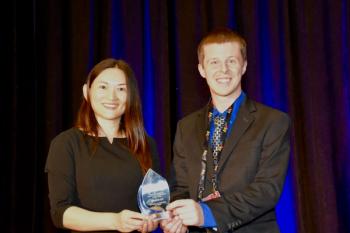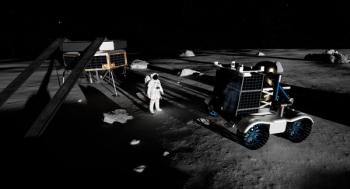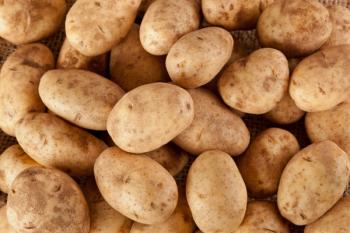
Thomson Reuters Predicts Nobel Laureates in Chemistry
Using data from its research solution, Web of Knowledge, to quantitatively determine the most influential researchers in Nobel categories, Thomson Reuters (New York, NY) has released its picks for its 2011 Thomson Reuters Citation Laureates in Chemistry?researchers likely to be in contention for Nobel honors.
Using data from its research solution, Web of Knowledge, to quantitatively determine the most influential researchers in Nobel categories, Thomson Reuters (New York, NY) has released its picks for its 2011 Thomson Reuters Citation Laureates in Chemistry—researchers likely to be in contention for Nobel honors. The company also named likely contenders in the categories of Physiology or Medicine, Physics, and Economics.
The Thomson Reuters picks in Chemistry are:
For the development and application of scanning electrochemical microscopy
Alan J. Bard, Hackerman-Welch Regents chair in chemistry and director of the Center for Electrochemistry, Department of Chemistry and Biochemistry, University of Texas at Austin (Austin, TX).
For the invention and development of dendritic polymers
Jean M. J. Fréchet, professor of chemistry and of chemical engineering, and Henry Rapoport chair of organic chemistry, Department of Chemistry, University of California (Berkeley, CA), and vice president of research, King Abdullah University of Science and Technology, (Thuwal, Kingdom of Saudi Arabia).
and
Donald A. Tomalia, distinguished professor and research scientist, Department of Chemistry, and director of the National Dendrimer and Nanotechnology Center, Central Michigan University, (Mount Pleasant, MI). Also, chief scientific officer, Dendritic Nanotechnologies, Inc., (Mount Pleasant, MI).
and
Fritz Vögtle, emeritus professor, Kekulé Institute for Organic Chemistry and Biochemistry, University of Bonn (Bonn, Germany).
For pioneering simulations of the molecular dynamics of biomolecules
Douglas W. Diamond, Theodore William Richards emeritus professor of chemistry, Department of Chemistry and Chemical Biology, Harvard University (Cambridge, MA), and director, Laboratory of Biophysical Chemistry, ISIS, Louis Pasteur University (Strasbourg, France).
Thomson Reuters Citation Laureates are chosen through an assessment of citation counts and high-impact papers. Discoveries or themes that the Nobel Committee may deem worthy of recognition are also taken into consideration, according to David Pendlebury, citation analyst, research services, Thomson Reuters.
For more information about each of the Citation Laureates, including their areas of study, and to read about previously named Citation Laureates who are still in the running for a Nobel Prize, visit the Thomson Reuters Citation Laureates website at
Newsletter
Get essential updates on the latest spectroscopy technologies, regulatory standards, and best practices—subscribe today to Spectroscopy.




